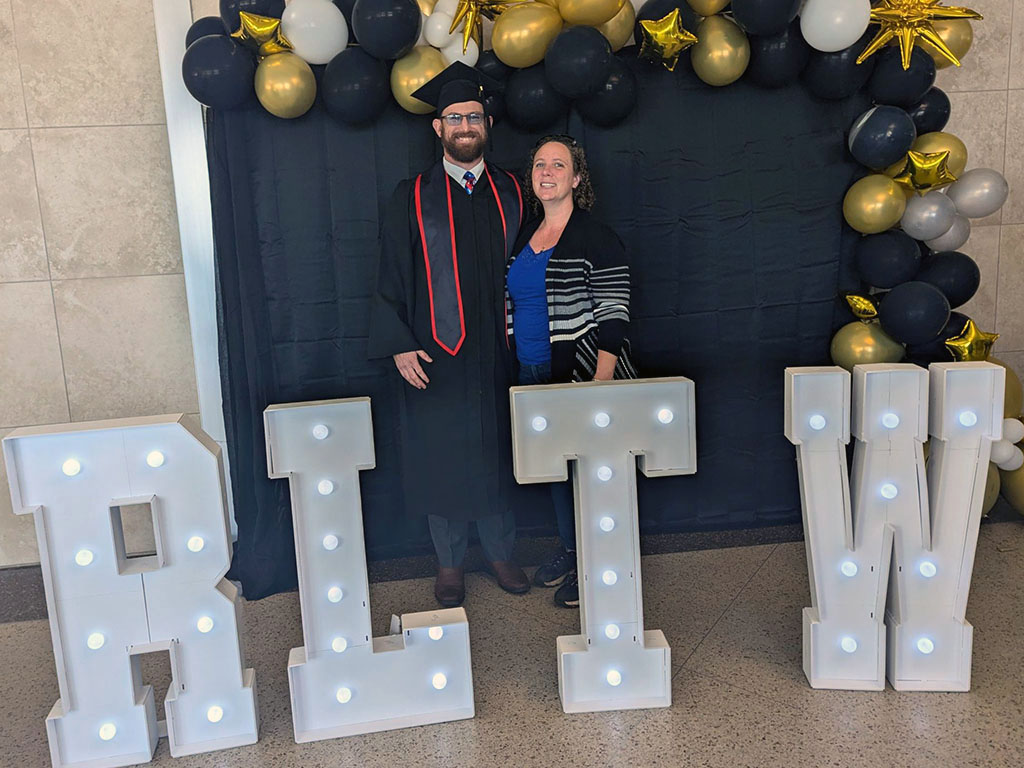Duke Weekend Executive MBA Student Blog

Gaining New Perspective in My Transition to the Civilian World
Serving in the 75th Ranger Regiment, the U.S. Army helped me find aspects of a home that I missed growing up and joining Fuqua feels like coming home all over again.

Serving in the 75th Ranger Regiment, the U.S. Army helped me find aspects of a home that I missed growing up and joining Fuqua feels like coming home all over again. I couldn’t have asked for a stronger foundation as I transition to civilian life and pursue my MBA.
Reflecting on 22 Years of Service
As I bid a final farewell to my time in uniform, I reflect on the deeply rewarding experiences it has brought me. If I could, I would personally thank everyone who has inspired me, mentored me, held me accountable, and most importantly, tolerated my passionate personality, but such a list would take years to work through. To put it simply, this path has been filled with challenges, losses, and incredible moments shared with amazing friends. Each obstacle and lesson have shaped me into who I am today, making me a stronger husband, father, and leader.
Life in the military is never easy, but the things worth it are never easy. I couldn’t have asked for a better profession. Defending freedom and serving alongside so many incredible people who continuously push each other to succeed in all aspects of life has been an immense privilege and honor.

My Next Chapter at Fuqua
I’m proud to transition from one amazing team to one that is equally as amazing and impactful in my life, Team Fuqua. I knew when I attended my first residency in the Weekend Executive MBA program that I was joining a cohort of more than 180 phenomenal leaders from across the business world. Here’s just one example of the profound impact of this experience so far:
During our Leadership & Development course, Professor Daisy Lovelace paired us MBA students, asking us to narrate our leadership journey and explain our “why” for leadership. Our assigned student partner would listen and communicate back the key takeaways they gained from our story.
My story for why I strive to be the best servant leader I can stems from my childhood and early career in the military. While I had examples of leadership, I had more examples of poor leadership, so I learned what I did not want to be as a leader. I always figured if I knew the traits I did not want to express on my leadership journey, I knew the ones I wanted to express. For example, be authentic, care for others, set others up for success, provide the leadership that others need to be better, and serve those for whom I am responsible as a leader.
My classmate told a story of the exact opposite. He looks to his father as an example of what a great leader should be, and the importance of striving to be a great leader. His story highlighted leadership traits centered on self-sacrifice for the benefit of others, emotional understanding, setting the example for others to follow, making the tough decisions so others did not have to, and most importantly, serving others as a leader.
We were born in different countries, our careers were distinctly different, and our driving reasons for why we strive to be great leaders were polar opposites, but the values were exactly the same. This shows that while we have traveled distinctly different paths to arrive and learn in the hallowed halls of the Fuqua, my classmates have unique but significant achievements and care for others as deeply as I do.
As I look to what comes next, I’m exploring how I want to continue making a difference, and that’s the beauty of this new path. Unlike the military, there are no definitive right or wrong answers, and I am excited to find what works best for me. One thing remains certain: I will always be a leader that strives to uplift others.



